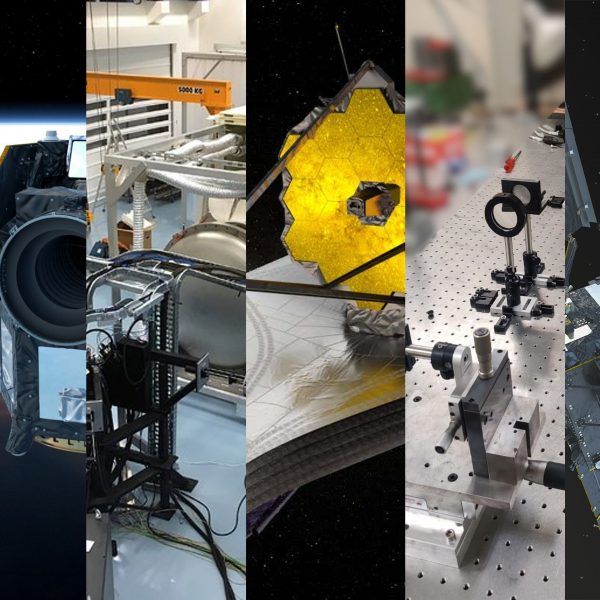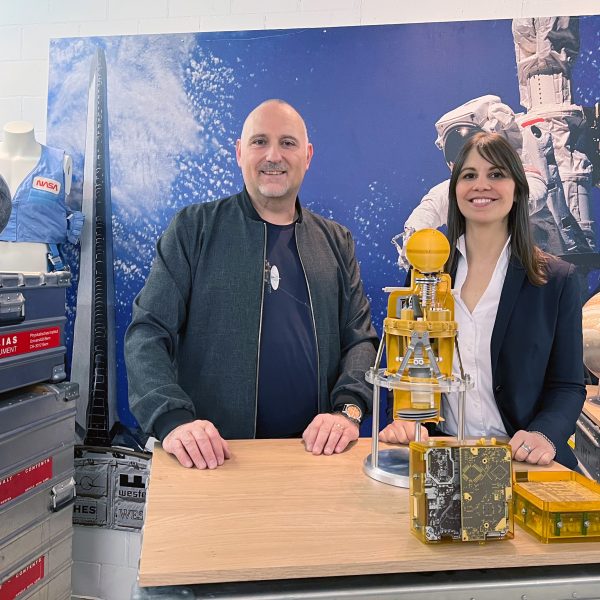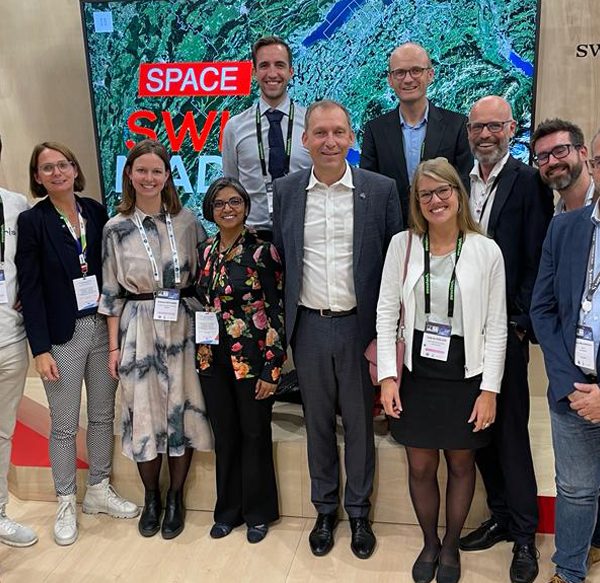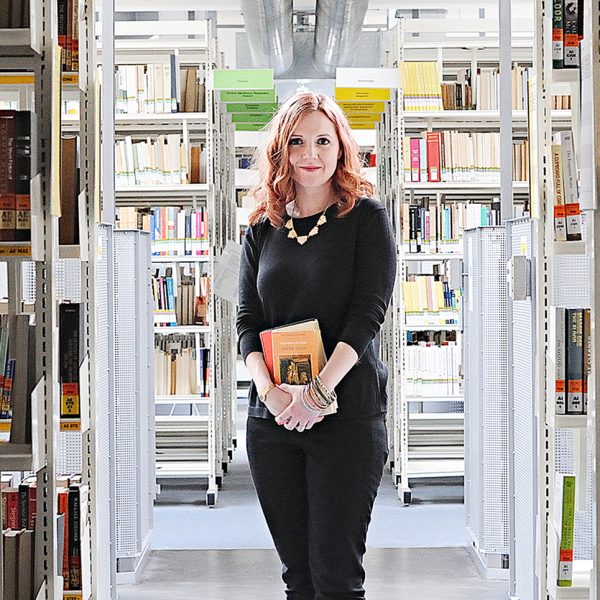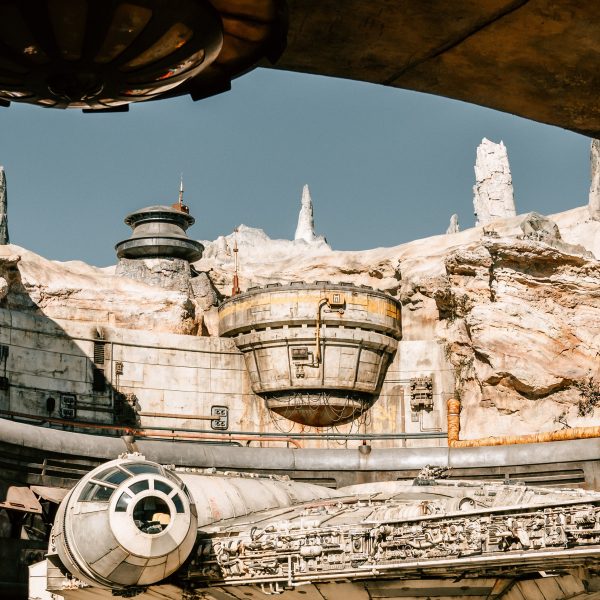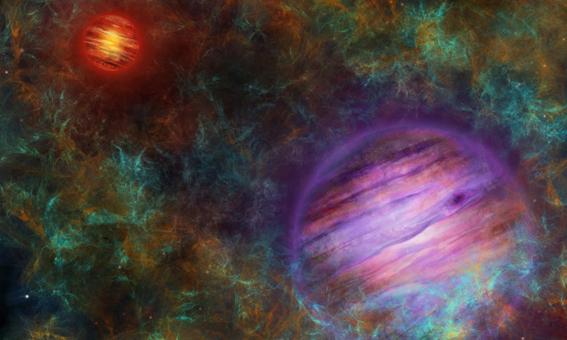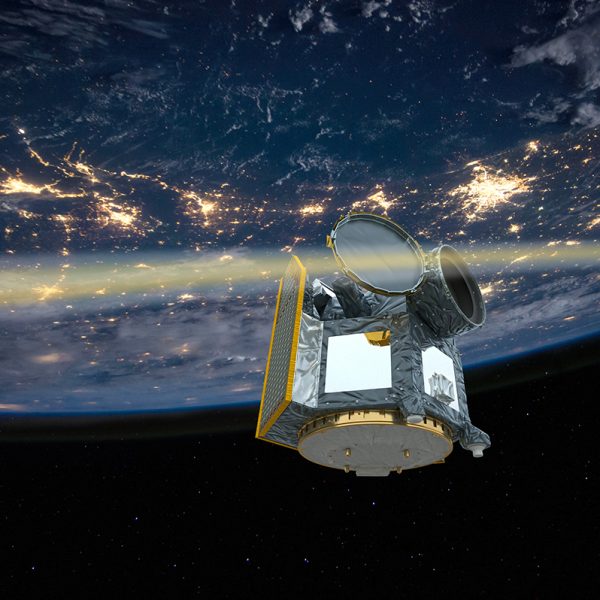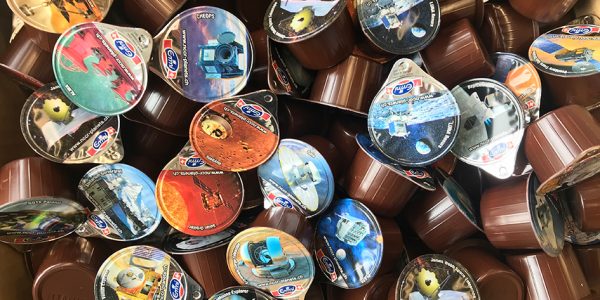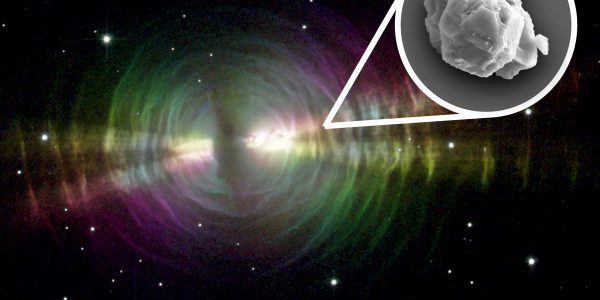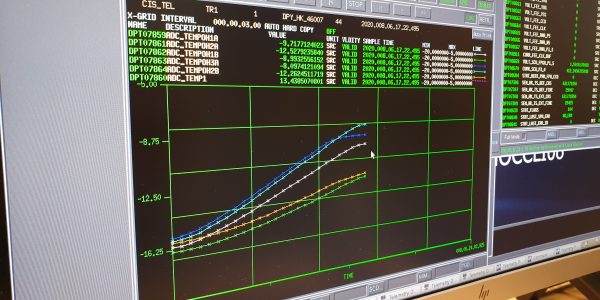Author Archive
A New National Conference Brings Engineers and Scientists Together
The first national conference “Swiss Innovation for Astrophysics and Planetary Science” will take place in Bern from 20–22 January 2026, hosted by the Technology and Innovation Platform of NCCR PlanetS. The event will spotlight the development of technology and software for ground- and space-based telescopes, scientific instruments, and planetary exploration. Its unique focus is on […]
Continue Reading“Space Talk” – online broadcast about space exploration
Since April 2023, “Space Talk, the programme that brings outer space to Earth” videos have been released monthly. Guido Schwarz from the National Centre of Competence in Research (NCCR) PlanetS welcomes guests in the studio to talk about space topics. The online series is produced in cooperation with TeleBärn. Every day, the media publish news […]
Continue ReadingGreat opportunity to showcase the achievements of the NCCR PlanetS
From September 18 to 22, the International Astronautical Congress (IAC) was held in Paris. One of the topics at the Space Exchange Switzerland booth was the exploration of exoplanets. Once a year, the International Astronautical Congress (IAC) brings together some 6,500 experts from the space industry and space research over five days to present the […]
Continue Reading“Science fiction writers imagine similar things to scientists”
The relationship between science and science fiction has changed significantly in recent years. And they influence each other, as Dr. Zoë Lehmann Imfeld, a literary expert on science fiction from the University of Zurich, told PlanetS in an interview. Astronomers discover new planets far out in space. And they are delivering fascinating research results on […]
Continue ReadingWhat PlanetS scientists think about science fiction
Scientists who like science fiction. A no-go? Or perhaps the opposite? We talked to five scientists from the NCCR PlanetS about their relationship with science fiction and how they assess the influence of science on science fiction and vice versa. Dr. Vincent Bourrier Assistant Professor, Observatoire de Genève, Département d’Astronomie, Université de Genève What […]
Continue ReadingA pair of lonely planet-like objects born like stars
An international research team led by the University of Bern has discovered an exotic binary system composed of two young planet-like objects, orbiting around each other from a very large distance. Although these objects look like giant exoplanets, they formed in the same way as stars, proving that the mechanisms driving star formation can produce […]
Continue ReadingCHEOPS had to avoid space debris
Space debris increasingly threatens rockets, the international space station and satellites. At the beginning of October, the CHEOPS space telescope had to make an evasive manoeuvre due to a piece of Chinese space debris. Such approaches can be extremely dangerous, because objects in Earth orbit shoot through space at many times the speed of a […]
Continue ReadingDrink coffee and learn about space
They say that the most important substance in the universe is water. Because you need water to brew coffee. And some people like a shot of coffee cream with it. Anyone who is a coffee connoisseur and space fan will be doubly delighted in the coming weeks. Since a few days now, one of Switzerland’s […]
Continue ReadingMeteorite contains the oldest material on Earth
Researchers determined the age of stardust from a meteorite to be seven billion years – the oldest solid material ever found on Earth. Stars have life cycles. They’re born when bits of dust and gas floating through space find each other and collapse in on each other and heat up. They burn for millions […]
Continue ReadingCHEOPS: Computer onboard booted
Before Christmas, on 18 December 2019, a Soyuz Fregat rocket was launched in Kourou, French Guyana, and put ESA’s CHEOPS space telescope into a precise polar orbit. Now the engineers test all systems aboard. Today, the computer was successfully booted. Since CHEOPS is in Orbit, its systems have been gradually ramped up. So far, ESA […]
Continue Reading
